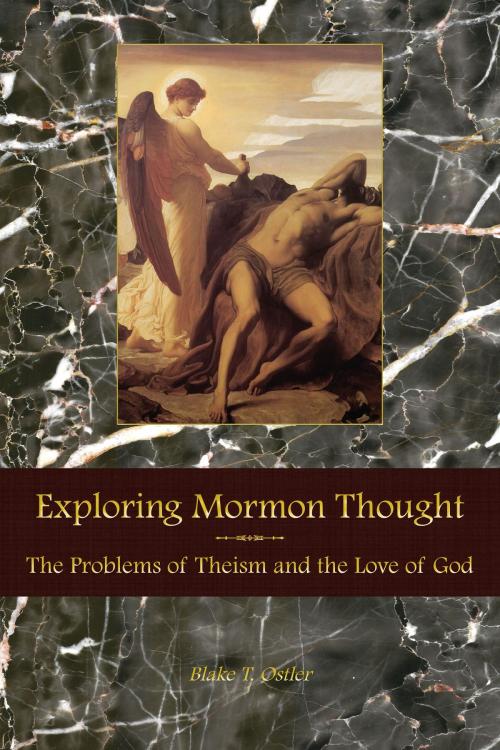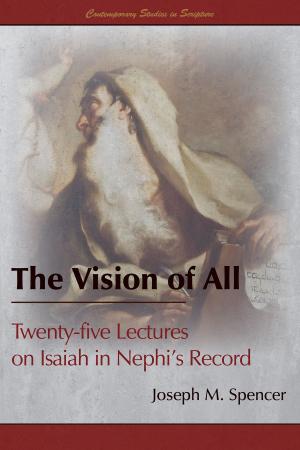Exploring Mormon Thought: Volume 2, The Problems of Theism and the Love of God
Nonfiction, Religion & Spirituality, Philosophy, Good & Evil, Christianity, Denominations, Mormonism| Author: | Blake T. Ostler | ISBN: | 1230002413426 |
| Publisher: | Greg Kofford Books | Publication: | July 6, 2018 |
| Imprint: | Language: | English |
| Author: | Blake T. Ostler |
| ISBN: | 1230002413426 |
| Publisher: | Greg Kofford Books |
| Publication: | July 6, 2018 |
| Imprint: | |
| Language: | English |
In volume 2 of the series, Exploring Mormon Thought: The Problems of Theism and the Love of God, Blake Ostler explores issues related to soteriology, or the theory of salvation. He argues that the commitment that God loves us and respects our dignity as persons entails that God must leave us free to choose whether to have a saving relationship with him. He explores the “logic of love” and argues that the LDS doctrine of a "war in heaven" embodies the commitment that God leaves us free to choose whether to enter into relationship with God. He explores the nature of inter-personal prayer and the contributions of LDS beliefs to a robust prayer dialogue. He offers a view consistent with LDS commitments that makes sense out of asking God to assist others, to alter the natural environment and to grow in relationship with God.
He then turns to the concept of grace and argues that the traditional views lead to insurmountable problems. He argues that though God does not owe any obligation to us to give us grace, God does so out of love. However, because divinity arises from loving relationships, he argues that God could not fail to give sufficient grace to all persons and remain a loving God.
In volume 2 of the series, Exploring Mormon Thought: The Problems of Theism and the Love of God, Blake Ostler explores issues related to soteriology, or the theory of salvation. He argues that the commitment that God loves us and respects our dignity as persons entails that God must leave us free to choose whether to have a saving relationship with him. He explores the “logic of love” and argues that the LDS doctrine of a "war in heaven" embodies the commitment that God leaves us free to choose whether to enter into relationship with God. He explores the nature of inter-personal prayer and the contributions of LDS beliefs to a robust prayer dialogue. He offers a view consistent with LDS commitments that makes sense out of asking God to assist others, to alter the natural environment and to grow in relationship with God.
He then turns to the concept of grace and argues that the traditional views lead to insurmountable problems. He argues that though God does not owe any obligation to us to give us grace, God does so out of love. However, because divinity arises from loving relationships, he argues that God could not fail to give sufficient grace to all persons and remain a loving God.















